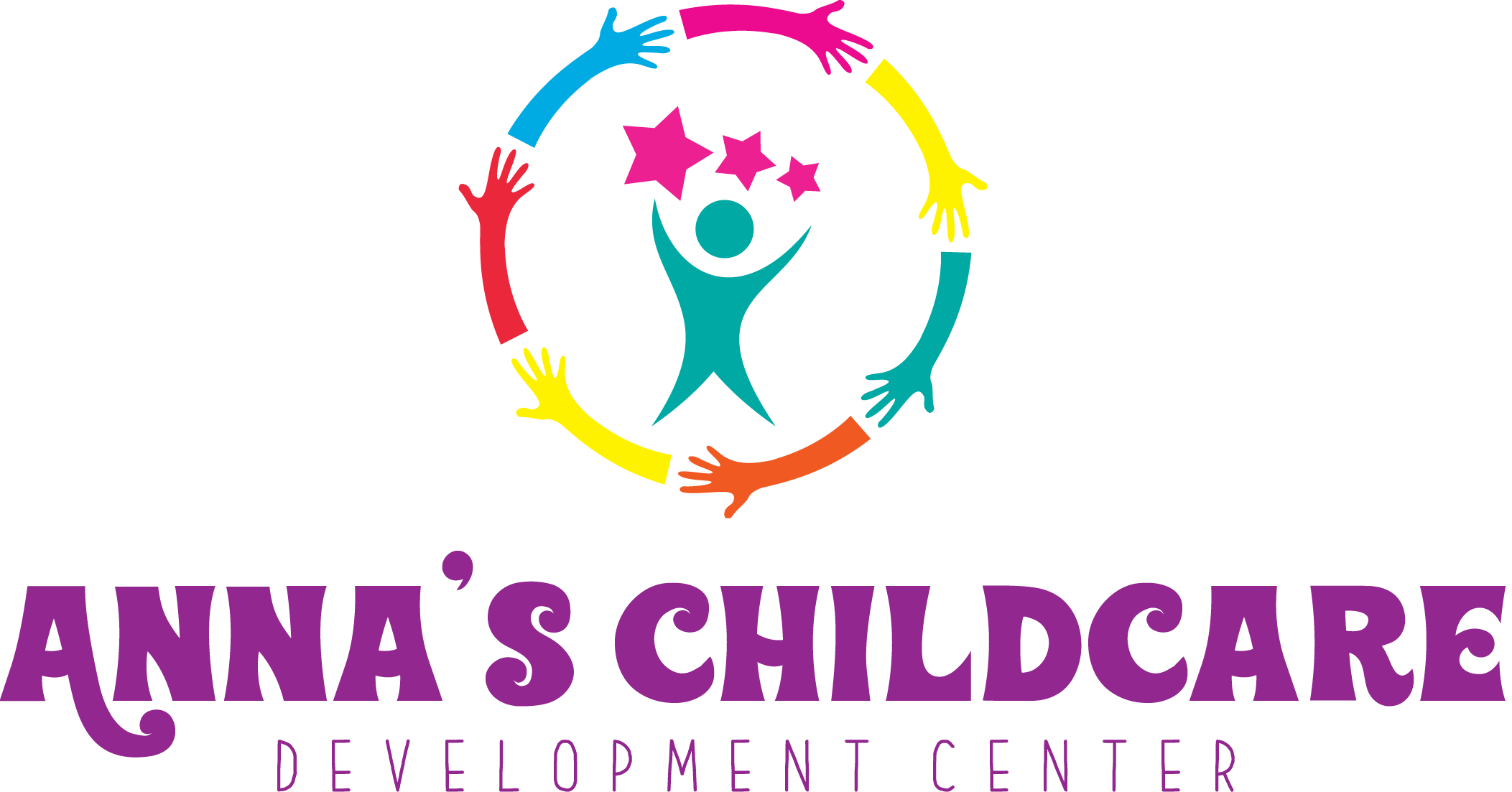How can we tell our children about the Coronavirus?
Fatal error: Uncaught TypeError: implode(): Argument #2 ($array) must be of type ?array, string given in /home/annaschi/public_html/wp-content/themes/yolo-giraffe/framework/core/functions/breadcrumb.php:357 Stack trace: #0 /home/annaschi/public_html/wp-content/themes/yolo-giraffe/framework/core/functions/breadcrumb.php(357): implode(Array, '\n') #1 /home/annaschi/public_html/wp-content/themes/yolo-giraffe/templates/page-heading.php(197): yolo_post_content_meta() #2 /home/annaschi/public_html/wp-includes/template.php(812): require('/home/annaschi/...') #3 /home/annaschi/public_html/wp-includes/template.php(745): load_template('/home/annaschi/...', false, Array) #4 /home/annaschi/public_html/wp-includes/general-template.php(206): locate_template(Array, true, false, Array) #5 /home/annaschi/public_html/wp-content/themes/yolo-giraffe/framework/core/functions/base.php(67): get_template_part('templates/page-...', '') #6 /home/annaschi/public_html/wp-content/themes/yolo-giraffe/framework/core/functions/header.php(23): yolo_get_template('page-heading') #7 /home/annaschi/public_html/wp-includes/class-wp-hook.php(324): yolo_page_heading('') #8 /home/annaschi/public_html/wp-includes/class-wp-hook.php(348): WP_Hook->apply_filters('', Array) #9 /home/annaschi/public_html/wp-includes/plugin.php(517): WP_Hook->do_action(Array) #10 /home/annaschi/public_html/wp-content/themes/yolo-giraffe/templates/single.php(71): do_action('yolo_before_pag...') #11 /home/annaschi/public_html/wp-includes/template.php(812): require('/home/annaschi/...') #12 /home/annaschi/public_html/wp-includes/template.php(745): load_template('/home/annaschi/...', false, Array) #13 /home/annaschi/public_html/wp-includes/general-template.php(206): locate_template(Array, true, false, Array) #14 /home/annaschi/public_html/wp-content/themes/yolo-giraffe/framework/core/functions/base.php(67): get_template_part('templates/singl...', '') #15 /home/annaschi/public_html/wp-content/themes/yolo-giraffe/single.php(2): yolo_get_template('single') #16 /home/annaschi/public_html/wp-includes/template-loader.php(106): include('/home/annaschi/...') #17 /home/annaschi/public_html/wp-blog-header.php(19): require_once('/home/annaschi/...') #18 /home/annaschi/public_html/index.php(17): require('/home/annaschi/...') #19 {main} thrown in /home/annaschi/public_html/wp-content/themes/yolo-giraffe/framework/core/functions/breadcrumb.php on line 357
